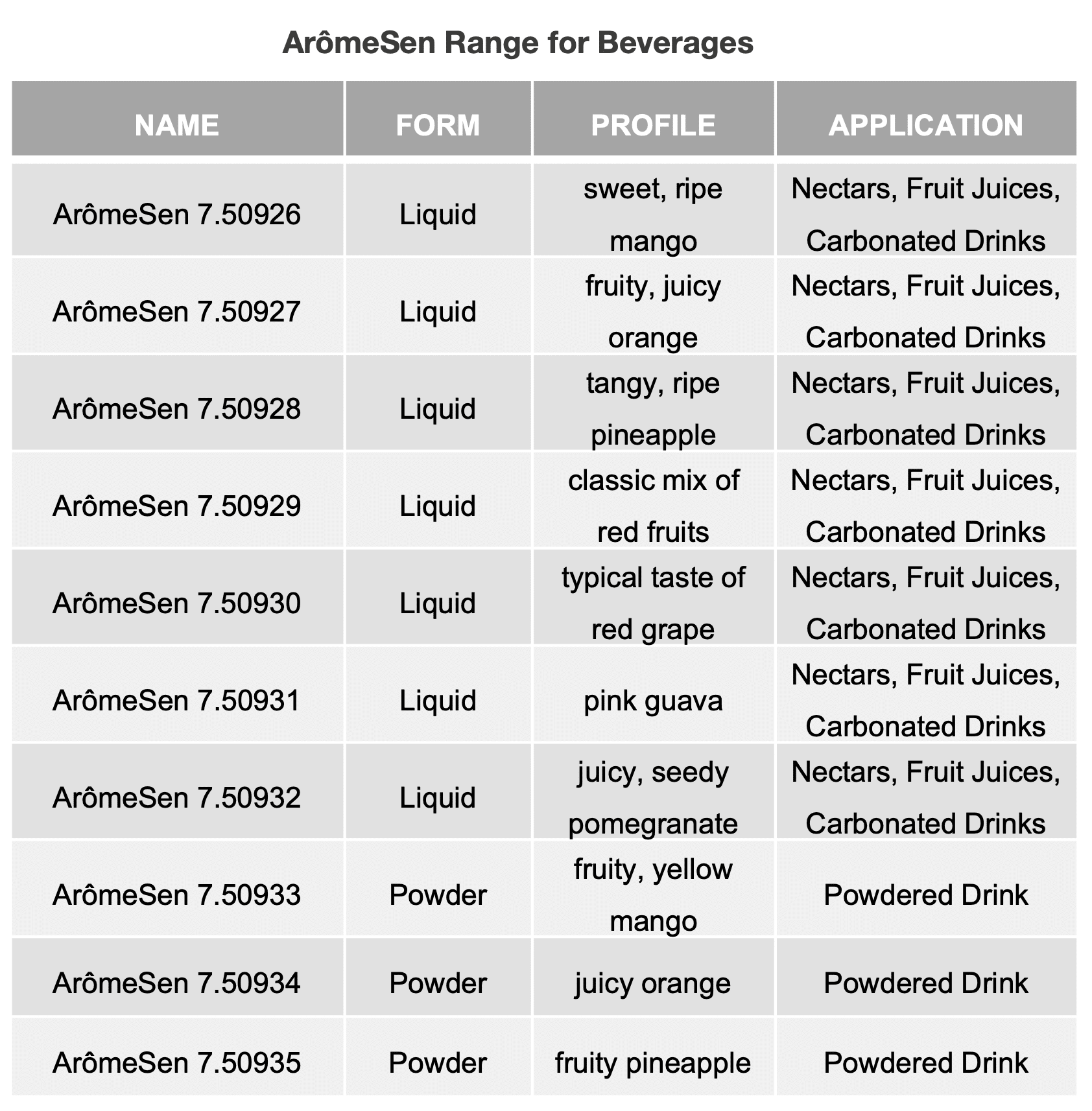In the mid-1980s, the term “functional food” was first used
in Japan. This referred to processed food that included active substances which aided specific body functions. However,
in the recent past, a variety of names such as nutraceuticals, vitafoods, dietary supplements, and fortified foods have been used as an alternative reference term for functional food.
The Future Market Insights (FMI) expect a positive impact in the functional flavors market, following the continuous increase in demand for functional food and beverages. The growing wave of health conscious consumers are constantly on the lookout for healthier products, including reduced sugar options. Food manufacturers are often faced with evolving challenges, as in the case of sugar reduction where achieving the right balance of taste and health is a demanding task when eliminating or reducing the added sugar in the original formula.
Manufacturers often rely on functional flavors to create products as per consumer taste palettes, and to achieve improved health benefits by cutting off extra sugar. Due to these innovations, consumers can be offered a variety of food and beverages that satisfy their taste preferences and lifestyle, enabling them to reach individual and family health goals.


